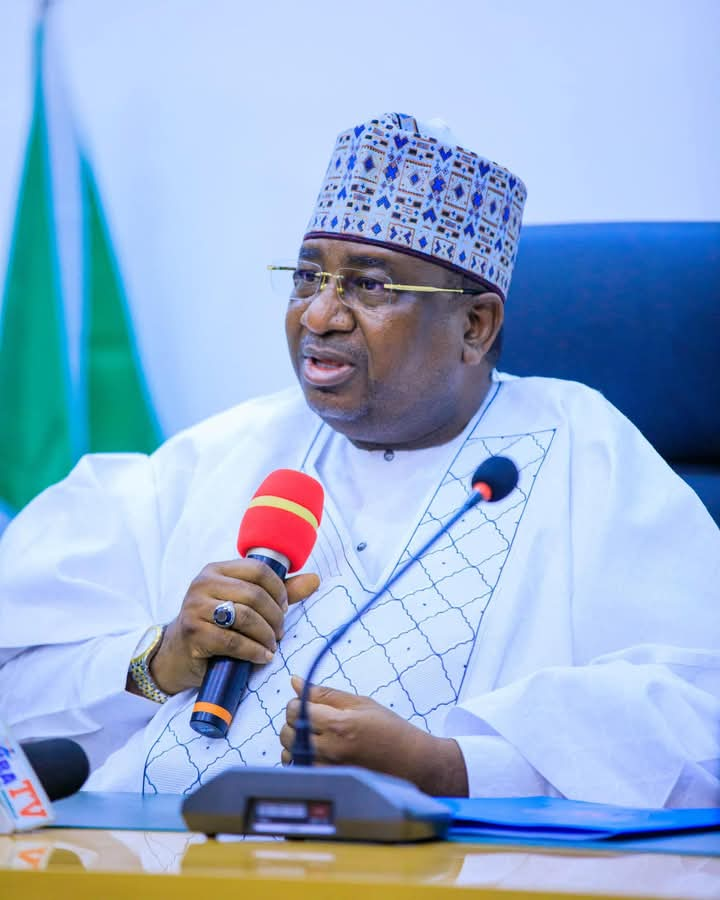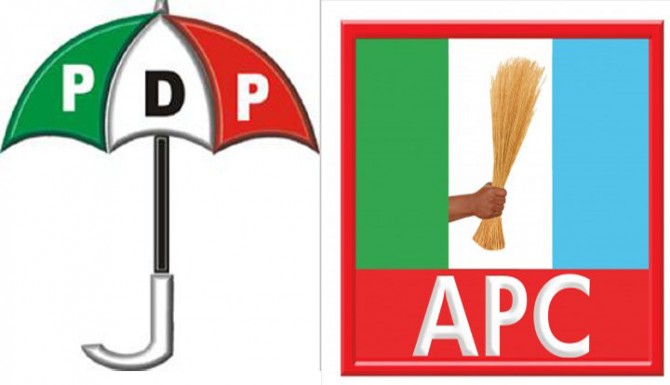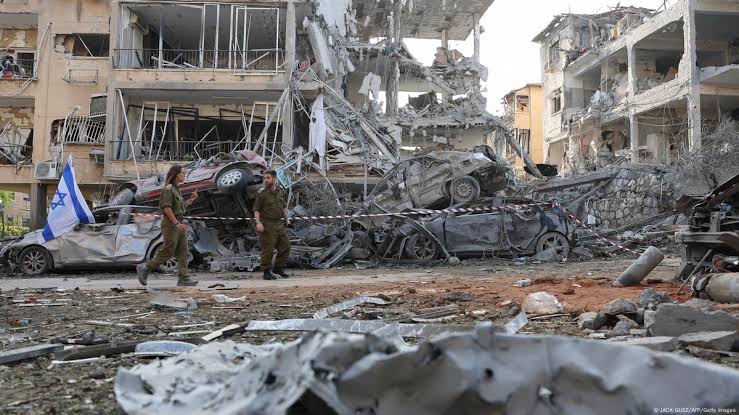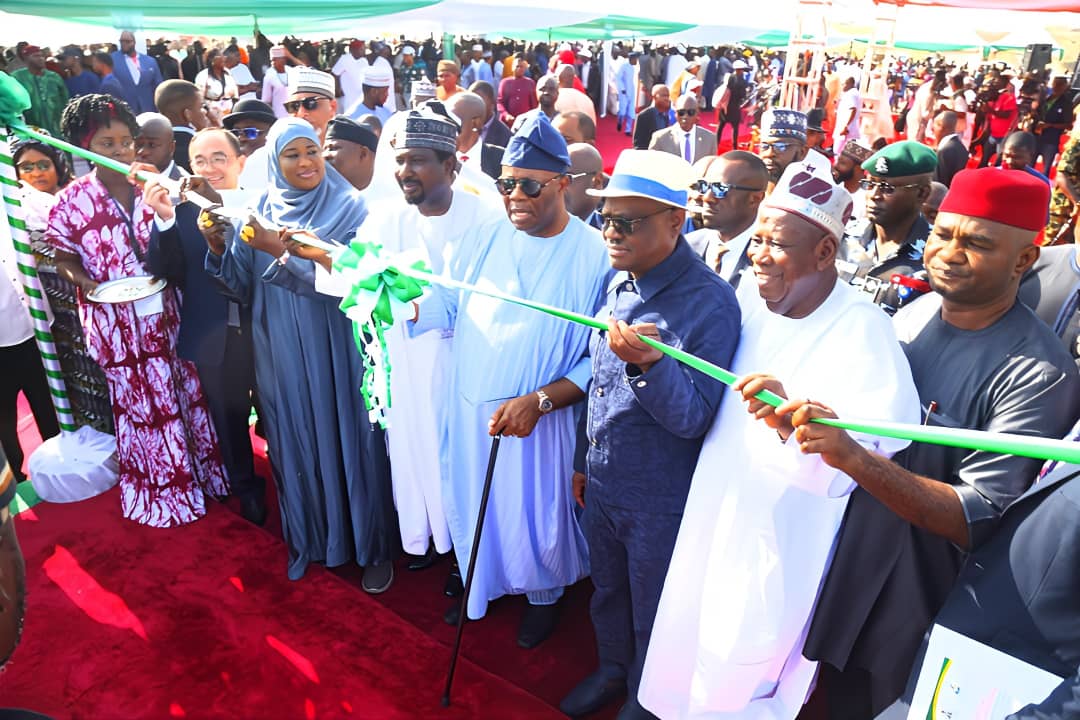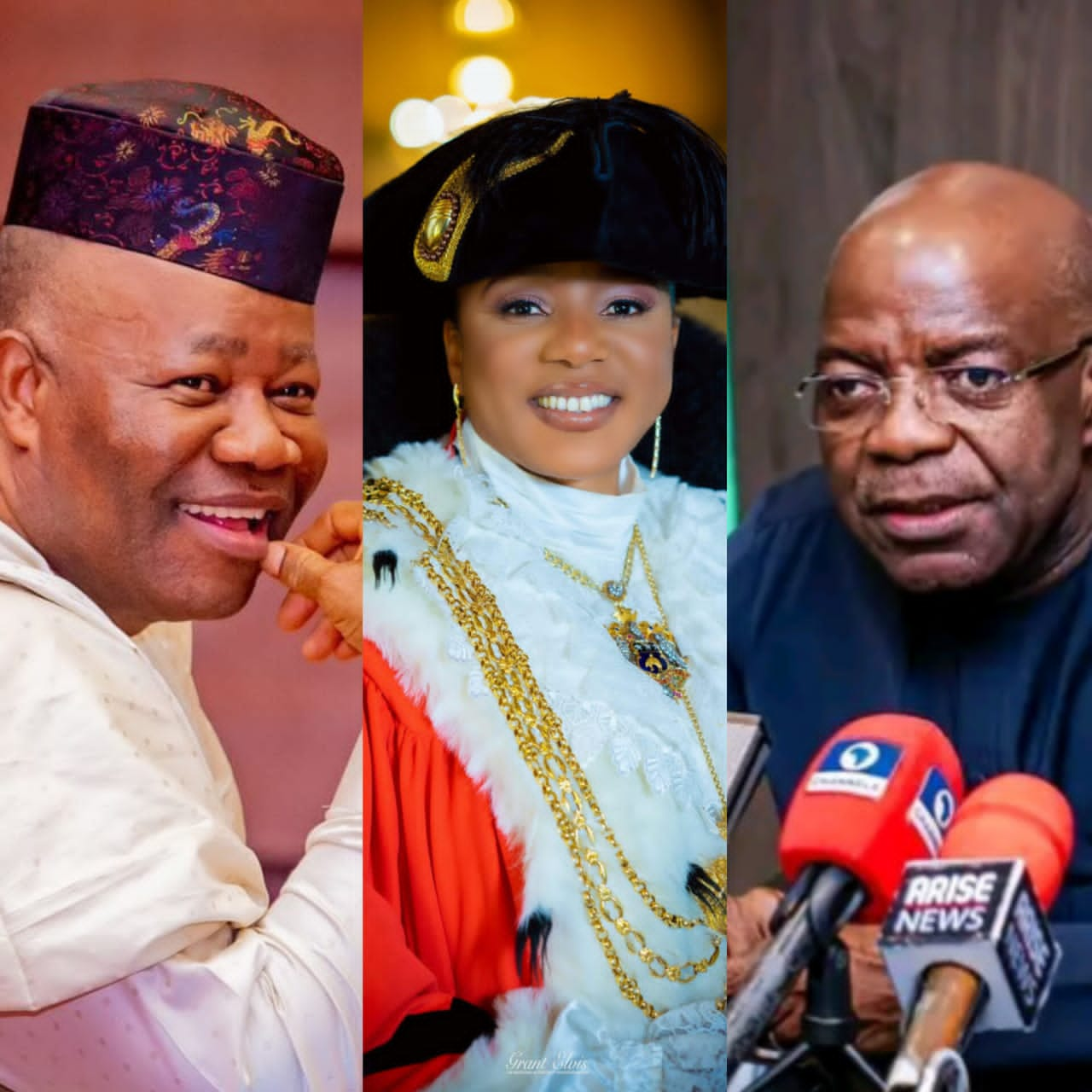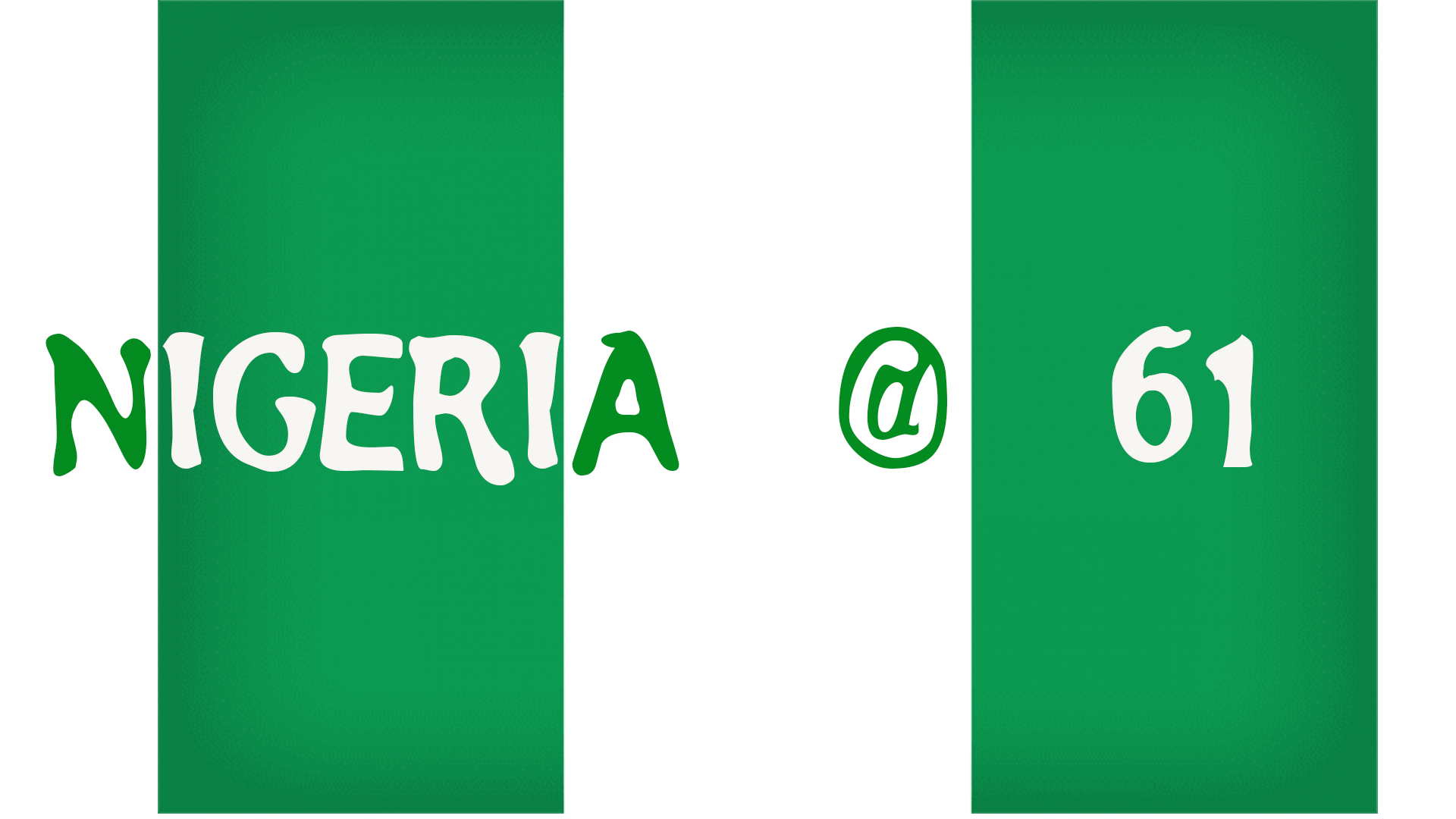The long-simmering hostility between Israel and Iran has boiled over in recent weeks, sending shockwaves across the globe. Once veiled threats and proxy skirmishes have now transformed into open confrontation, marked by airstrikes, retaliatory missile attacks, and an intensifying war of words. As the world watches anxiously, experts warn that this confrontation could spiral into a wider regional war, with profound implications for global peace and economic stability.
At the heart of the conflict is a complex mix of ideological, political, and strategic rivalry. Iran, a Shiite Islamic republic, and Israel, a Jewish democracy, have been locked in a bitter standoff for decades. Iran has openly called for the end of the Israeli state, while Israel sees Iran’s nuclear ambitions as an existential threat. Their antagonism has played out through proxy wars in Syria, Lebanon, and Gaza, but now, the battleground has shifted directly to their own territories.
The most recent flare-up began when Israel reportedly launched a major aerial offensive on Iranian territory, targeting over 100 sites including military bases and suspected nuclear facilities. The attacks resulted in the deaths of several high-ranking Iranian officials, including General Mohammad Bagheri and IRGC commander Hossein Salami. Iran’s Supreme Leader, Ayatollah Ali Khamenei, declared Israel’s action a “declaration of war.”
In swift retaliation, Iran fired dozens of missiles at Israeli cities, most of which were intercepted by Israel’s Iron Dome defense system. However, some caused casualties and damage, escalating tensions even further. As both countries dig in, the prospect of a full-scale war looms, drawing concern from the United Nations, the European Union, and global powers like the United States and China.
The implications of a direct war between Israel and Iran extend far beyond the Middle East. The region holds vast reserves of the world’s oil and gas. Any disruption, from blocked shipping routes in the Strait of Hormuz or direct strikes on oil infrastructure, could send global energy prices soaring. Already, markets have begun to react, with crude oil futures climbing amid fears of supply shocks.
For Africa and particularly Nigeria, a country heavily dependent on oil exports, the situation is a double-edged sword. On one hand, rising global oil prices could bring a temporary boost to government revenue. But this gain could be offset by higher costs for imported petroleum products, increased inflation, and instability in international financial markets.
Nigeria, which imports most of its refined petroleum, will likely face an increase in pump prices, transportation costs, and the cost of goods and services. This could deepen hardship for ordinary Nigerians already grappling with economic stagnation, currency devaluation, and subsidy removal. The broader African economy, still recovering from COVID-19 shocks and the Russia-Ukraine war, may be thrown off course once again.
Beyond economics, there is a growing concern over the geopolitical realignment that may follow the Israel-Iran conflict. If the war escalates, it could draw in superpowers like the U.S. and Russia, as well as regional players such as Saudi Arabia, Turkey, and Egypt. Such involvement could redraw the diplomatic map of the Middle East, potentially isolating or empowering different African nations depending on where their alliances lie.
Africa, particularly the Sahel and Horn regions, could also suffer from reduced humanitarian aid and disrupted food supply chains if Western nations divert resources to manage the conflict. The war could also fuel religious and political extremism, especially in parts of Africa where jihadist groups already have a foothold. These groups may use the chaos to recruit fighters, finance operations, and expand influence.
For now, the international community is calling for restraint. Countries like Nigeria have urged both Israel and Iran to de-escalate and embrace dialogue. In a recent statement, Nigeria’s Ministry of Foreign Affairs condemned the violence and warned that continued hostilities could destabilize the broader region and endanger global peace.
Unfortunately, both Israel and Iran appear entrenched in their positions. Israel insists it will not tolerate threats to its sovereignty and remains committed to preventing Iran from acquiring nuclear weapons. Iran, on the other hand, views Israel’s actions as aggression and insists it has the right to retaliate and defend its territory.
The role of the United Nations and other international organizations is now more crucial than ever. Their efforts to mediate have so far yielded limited results. Sanctions, diplomatic warnings, and appeals for peace have largely fallen on deaf ears. Without a breakthrough, the world may be forced to confront a war with unpredictable consequences.
Economists predict that a prolonged conflict could push the global economy into a new recession. Supply chain disruptions, energy shortages, and rising defense expenditures would combine to undermine global growth. Developing countries, many of them in Africa, would bear the brunt of the economic fallout due to their fragile financial systems.
In Nigeria, the conflict could undermine investment sentiment, particularly in the oil and gas sector. Investors are likely to become cautious, postponing or scaling down projects until stability returns. This could delay Nigeria’s efforts to reform its energy sector, expand infrastructure, and create jobs.
Moreover, the conflict may complicate regional security dynamics. West African nations already grappling with insurgencies may see a rise in illicit arms flow, terrorist recruitment, and refugee migration, driven by instability in the Middle East. This would place additional pressure on overstretched security forces and fragile political systems.
Meanwhile, diaspora communities in Europe and the Middle East may face increased scrutiny or xenophobia, especially those perceived to have ties with either Iran or Israel. This could lead to human rights violations, displacement, or further social tension in multicultural societies.
For global powers like the U.S., the conflict presents a dilemma. Supporting Israel too strongly could inflame anti-Western sentiment in Muslim-majority nations, while appearing neutral or indifferent could be seen as a betrayal. For African nations like Nigeria, neutrality and diplomatic engagement may be the best strategy, but silence is no longer an option.
As this volatile situation unfolds, one thing remains clear: the world cannot afford another full-blown war in the Middle East. The stakes are too high, and the costs too dire, not just for Israelis and Iranians, but for citizens in faraway nations who may soon feel the impact on fuel prices, food supplies, and national security.
The need for responsible global leadership has never been more urgent. African leaders, including Nigeria’s, must use their diplomatic channels to call for a ceasefire and advocate for peaceful negotiation. While they may not have the power to stop the missiles, their voices can help shape the conversation toward peace, stability, and shared humanity.



